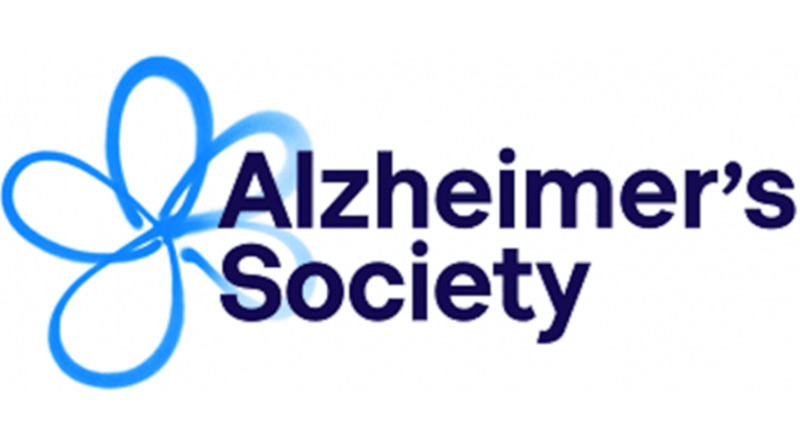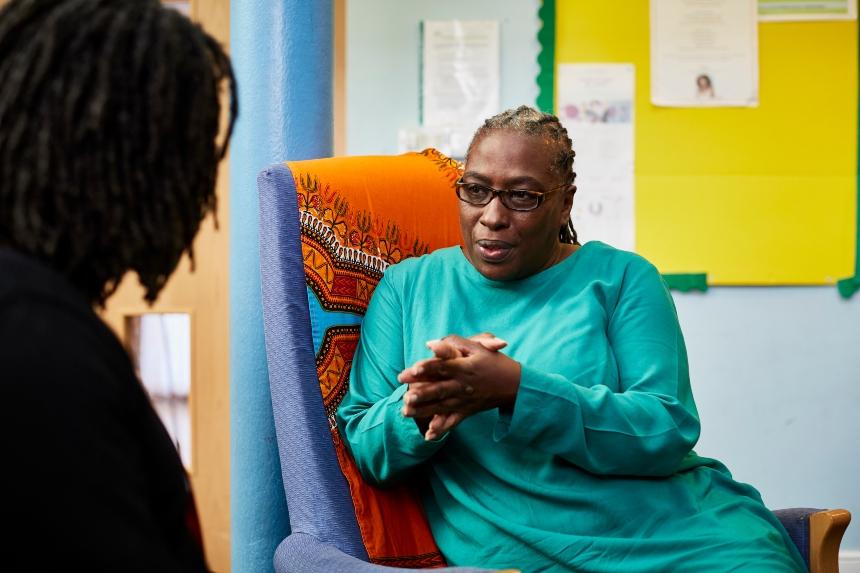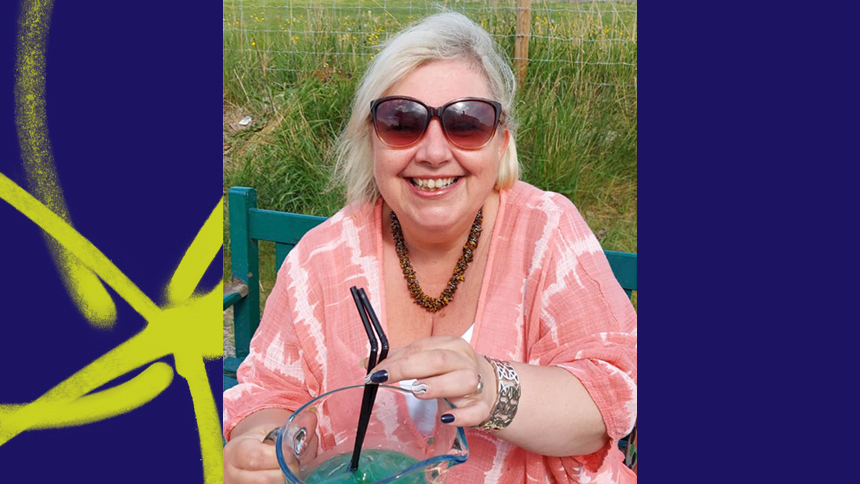Take us seriously – getting a dementia diagnosis shouldn’t depend on where you live

Content warning – mentions suicidal feelings. If you need support you can call Samaritans for free on 116 123.
The latest inquiry by the All-Party Parliamentary Group (APPG) on Dementia looked at how diagnosis rates vary in different areas.
There are so many difficulties for people to get a dementia diagnosis in rural areas.
Travel is a big problem. You may have one GP service for a whole postcode area. You don’t get trains, and taxis are few and far between.
But do bus services stop? Maybe they’ll start at 9 am, run once an hour and stop at 4 o’clock.
You might get to your appointment, but you’ll not get back!

There’s a lack of joined-up or specialist dementia care. There’s no route for under-64s into memory clinics in our area.
You go to your GP with symptoms and you have so many problems getting them to understand what is wrong.
You do not have specialist nurses or specialist doctors. You have a diabetic clinic, a heart clinic, a cancer clinic. You don’t have a dementia clinic.
Dementia is a disease of the brain, just the same as heart disease and cancer are diseases, but it isn’t taken seriously as a disease.
ANITA GOUNDRY’S STORY

I was 44 when I collapsed and was taken to hospital. They kept me a few hours and sent me off.
I was going to the GP constantly for years being told I was going through the menopause, without any tests.
Then it was hypochondria and hysteria. I was written off.
I had a stroke when I was 50 and they sent me for scans.
I got a phone call from my GP a few days later and was told, ‘You have Alzheimer’s and vascular dementia. Make an appointment if you need to see us.’
It was hard to get a memory clinic appointment because I was under 64.
When I did, I was given medication for Alzheimer’s, a prognosis of three to four years – seven if I gave up smoking and drinking – and an appointment for a fortnight’s time. And that was it.
My partner picked up leaflets (thankfully including from Alzheimer’s Society) off a table outside and took me home.
At this point, I was suicidal. I rang the Society and, if it wasn’t for them, I wouldn’t be here.
What it should be like
Getting a dementia diagnosis should be about going to your GP and being taken seriously. It should mean having the tests, scans and support from specialists needed.
You should be given a diagnosis in a way that helps you to be the best you can, for as long as you possibly can.
Please, please, can we have that?
I’m glad to have been able to share my experiences with the APPG.
We need and deserve for decision-makers from all parties and geographical areas to hear the true battles of receiving a dementia diagnosis across our green and pleasant lands.
Please don’t make it all doom and gloom – please give us a bit of hope!
Campaign with us

